Editor’s Note: This blog is the third of three that will profile local leaders from around the world who advocate for improved education—especially for girls—in their communities. These blogs will culminate in a Brookings event on December 12 featuring two panels on the issues and a keynote address by First Lady of the United States Michelle Obama.
Register for the webcast here and follow along on Twitter at #GirlsEdu.
There is growing recognition that girls’ education is an important and fundamental precondition for human security. There seems to be a new commitment among Ministry of Education officials in countries ranging from Malawi to Nigeria to Jordan, especially as discussions ramp up regarding how the issue will fit within the post-2015 sustainable development agenda. It is not surprising that most leading voices for girls’ education within government and in civil society are women who also happen to be educated, modern and to speak the language of change. While it is a good thing for prominent women to take leadership on girls’ issues, an even better thing would be to bring local women into the fold and empower them to take the struggle to the community level. For it is at the community level, that the best stories will be told of how cultural barriers to girls’ education were brought down, of how old men’s attitudes were changed, how the best teacher is a female teacher and how a 15-year-old girl from a rural village emerged third in national exams.
But empowering community women to commit to this vision of change is easier said than done. The women primary school teachers, female food sellers at the school gate, the co-wives of the traditional leader, the community nurse and the local government female assistant are all stakeholders. But are they activists? Would their husbands permit them to attend a 7:00 p.m. parent teacher associationa meeting? Are they aware of national policies guaranteeing their daughters free education and making provisions for them, as mothers, to complete or further their education? Do they know of the U.N.’s Convention on the Elimination of Discrimination against Women? The answers to these questions are likely to be “No!”
A negative answer to these questions, however, does not mean that the case for women leadership or at least inclusion in development is lost. It simply means a deep rethink of strategy and timelines is required. Recently, the Bill and Melinda Gates Foundation challenged people to think through this difficult question of how to bring women into global development efforts at local levels. I had to consider this same question in my home country of Nigeria, where I implemented a leadership program for 15 powerful community women leaders that advocate for girls’ education. I started the Women Leaders for Girls’ Education Program, after completing the Echidna Global Scholarship program at the Brookings Center for Universal Education. The program reflects my commitment to create a new cadre of women from my home area to lead my area as it struggles for girls’ rights.
Over 120 women applied, and 15 were selected to participate. Those 15 received training and mentoring, conducted research, and obtained small grants to design and implement their commitment project. They included principals of girls’ schools, NGO leaders, skills instructors and teachers, and local government administrators. Developing women community leaders was fraught with challenges but full of learning. When I started the program I envisioned working with change agents; I soon realized that I was working with changing agents.
Many of the women questioned why the program should insist on focusing on education debates in the post-2015 Sustainable Development Agenda; some questioned whether they could find their voice when standing before the federal minister of education in an advocacy meeting we organized; and yet others wondered out loud if they were strong enough to implement a girls’ empowerment project in conservative communities where girls were married off at age 15.
Through the training, mentoring, advocacy forums and mini-grant support for practical projects, the 15 women leaders evolved to be confident, engaging and committed leaders for girls’ education in remote villages in Borno; settlements in Lagos; and communities of displaced people in Aka Ibom, Nigeria. It is now almost one year since the journey began. The women leaders have truly come into their own and the model stands tall as a resource for a new generation of girls’ education and empowerment programs being implemented by aid agencies like the United Kingdom’s Department for International Development and the U.S. Agency for International Development, impact investors, and others around the world.
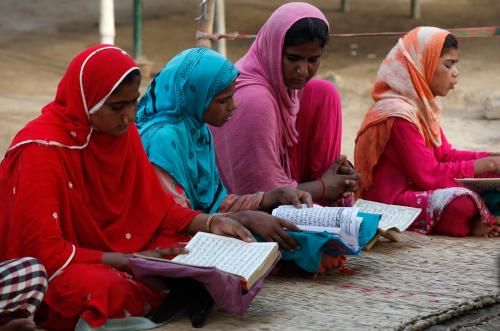
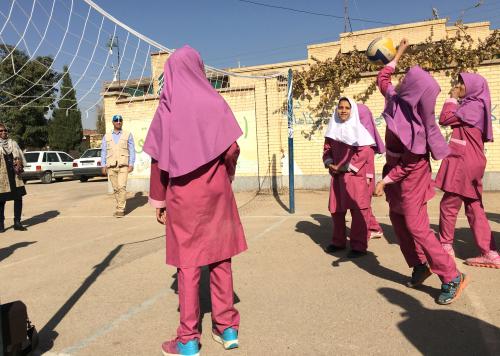
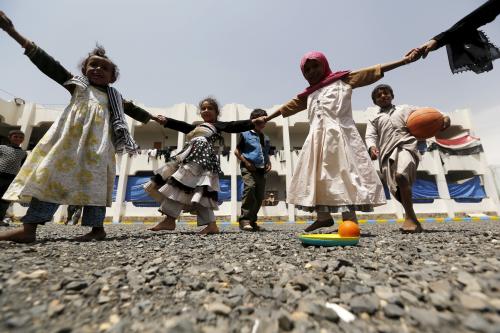
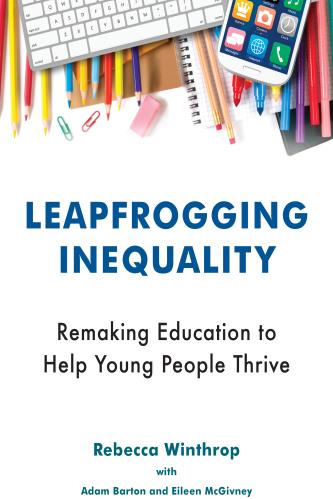
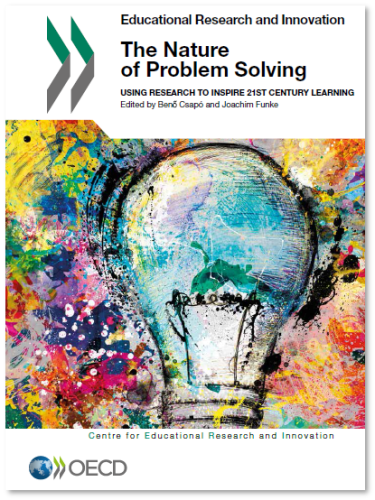
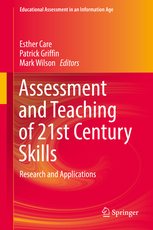


Commentary
The Lessons We’ve Learned on Cultivating Community Leaders for Girls’ Education
December 11, 2014